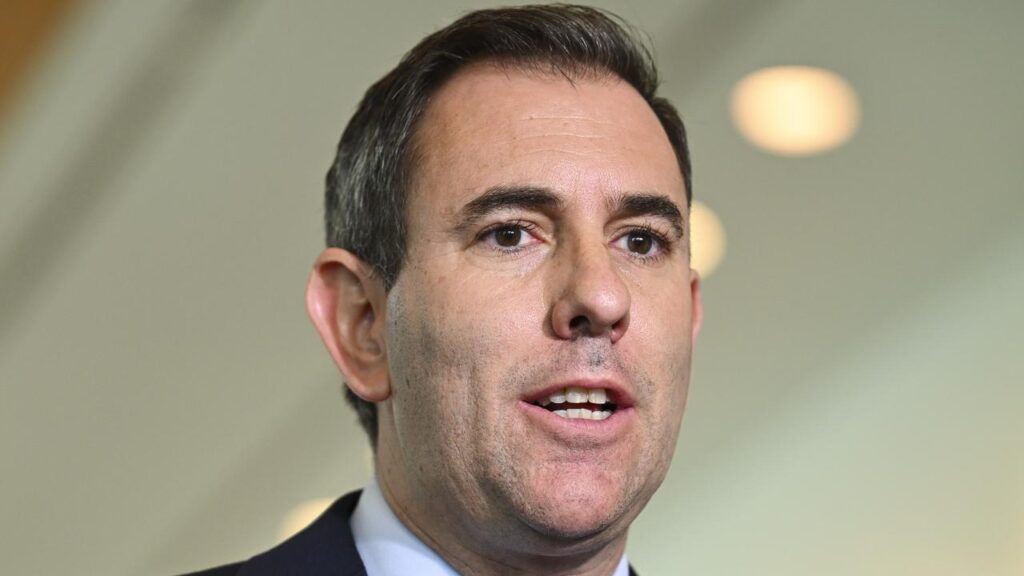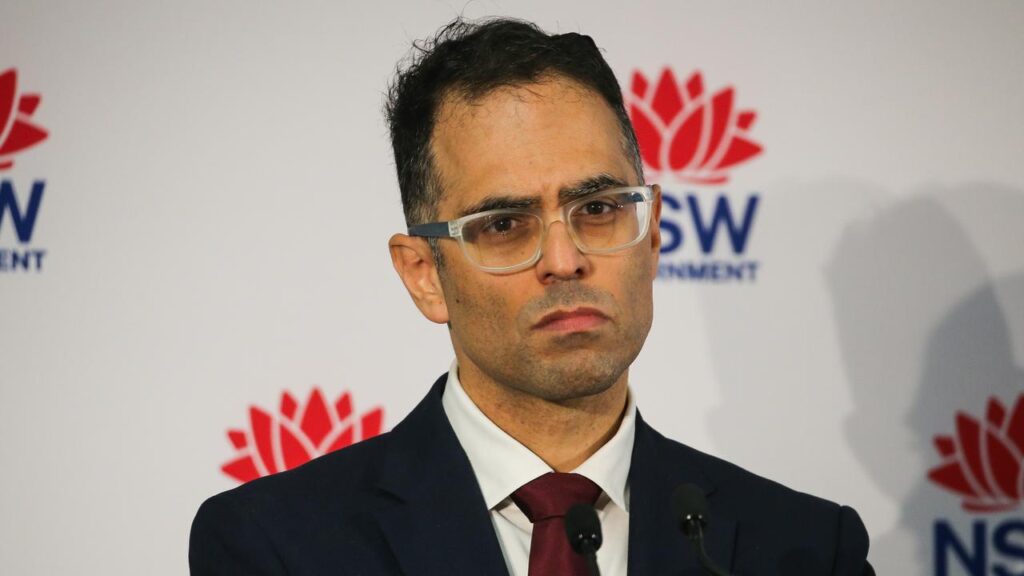State’s huge move for bulk billing
Written by admin on June 18, 2024
Doctor’s appointments will soon become cheaper in one state, under an Australian-first move to incentive GPs to bulk-bill.
NSW’s state budget on Tuesday announced a $189m Bulk-Billing Support Initiative which will provide clinics an ongoing payroll tax rebate for contractor GPs if the clinic meets a bulk-billing threshold of 80 per cent in metropolitan Sydney and 70 per cent in regional and rural areas.
It’s expected the rebate will ensure GP practices don’t pass on payroll tax rebate costs to patients, while also reducing pressure on NSW’s emergency departments.
NSW Health data estimates that 1 per cent decrease in bulk-billing equates to approximately an extra 3000 emergency presentations.
The government is set to introduce legislation enacting the rebate on Tuesday, which will also include a waiver for past unpaid payroll tax liability for contractor GPs to be extended to September 4 of this year.
Previously, policies on payroll tax included time-limited amnesties, and moratoriums, with industry bodies fearing historical tax debts could result in GPs closing shop, or increase the cost of GP appointments by as much as $20 per appointment.
NSW Finance Minister Courtney Houssos said the policy will act “in concert” with the federal government’s $1.5bn policy to ensure GPs receive 34 per cent more for standard bulk-billed consultations, which came into affect towards the end of 2023.
“We want to be able to support our GPs who are providing bulk billing services,” she said.
“The previous budget from the Federal Labor government has increased bulk billing rebates, but they only started to flow to doctors in November last year, and we expect that over time, they will continue to have effect and hopefully we will see increases in bulk-billing.”
Tuesday’s announcement has been supported by the Australian Medical Association (AMA), and the Royal Australian College of GPs (RACGP).
“AMA NSW welcomes the decision by the NSW Minns government to legislate to guarantee no retrospective payroll tax liability for general practices,” said Michael Bonning.
“Legislating ’no retrospectivity’ will provide certainty for practices and will minimise the risk of more closures of general practices in NSW.
“Unfortunately, general practice continues to struggle with decades of underfunding from the previous Coalition government.”
RACGP NSW & ACT chair Rebekah Hoffman said the retrospective payroll tax measure would allow more GPS to operate with certainty, without facing a huge tax bill that could have “shut them down”.
“The RACGP thanks Ministers Houssos and (Health Minister Ryan Park) for negotiating with the college in good faith and for understanding the devastating impact retrospective tax would have on NSW practices, patients, and our state’s health system,” she said.
“We appreciate the very tight budgetary constraints the NSW government is under and know this decision wasn’t taken lightly.”






